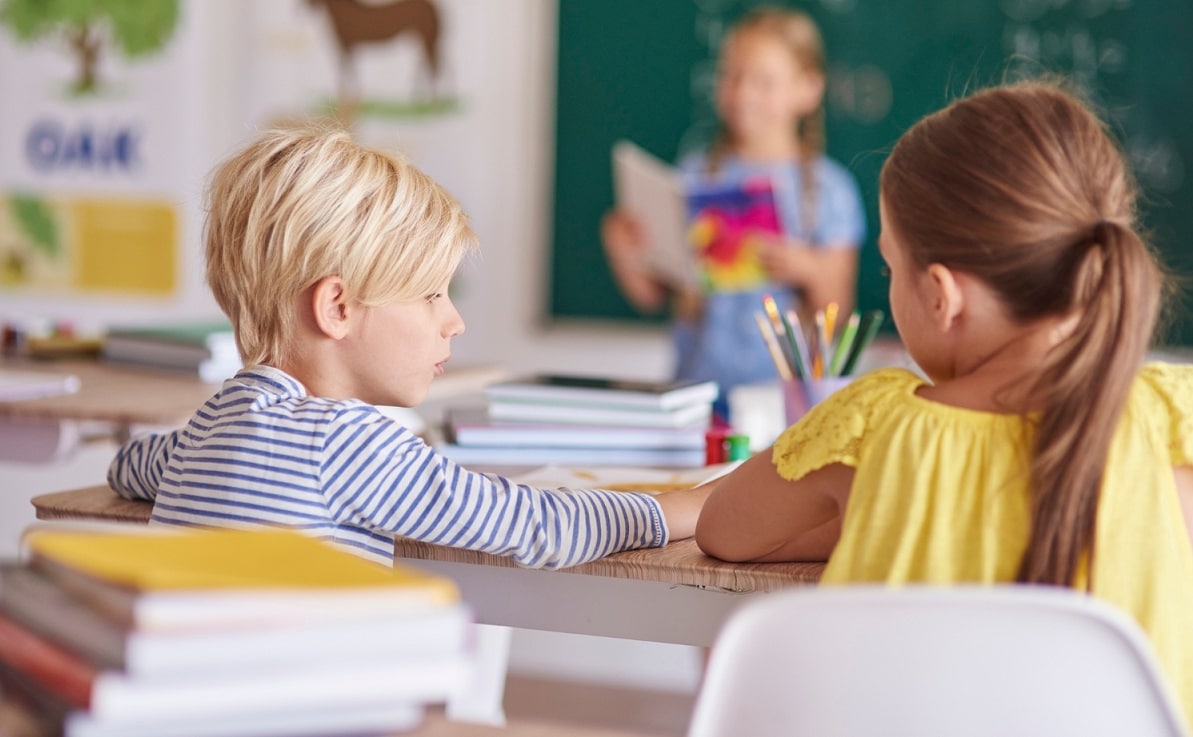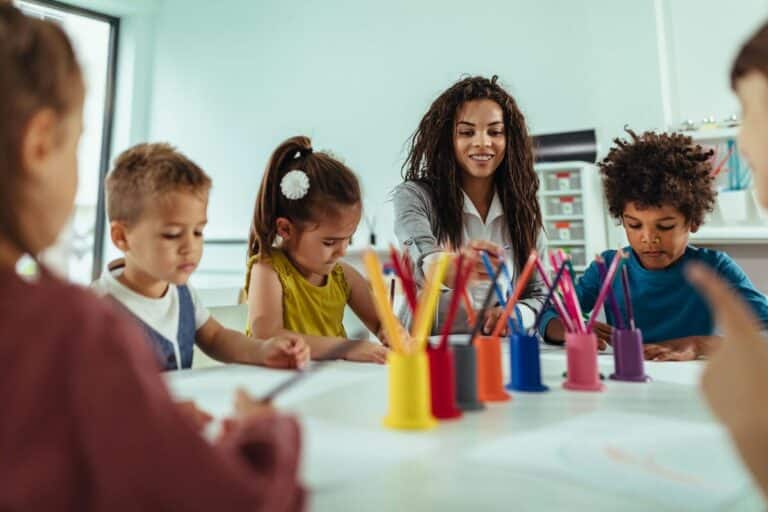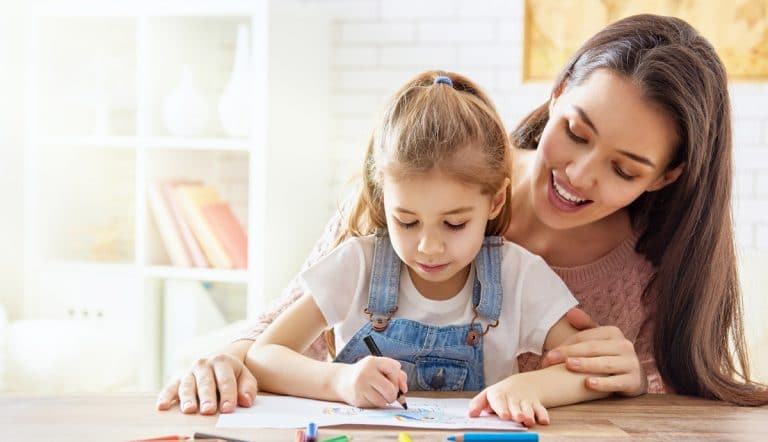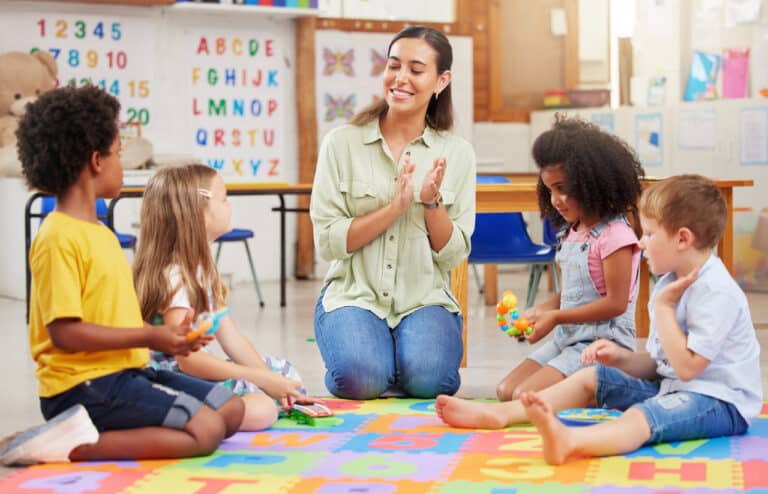If you have decided to homeschool your kindergartener, it is natural to wonder about the essential subjects you should include in your child’s curriculum.
While homeschooling can be a fun adventure, it can also be pretty daunting since you will be worried whether you are teaching the right things and using the right methods.
Putting together a comprehensive curriculum with a combination of academics and extracurricular activities will ensure that your child has a positive learning experience and academic foundation.
Although you can create your customized curriculum, make sure you don’t leave out these core subjects.
1. Math
You must include Math in your kindergarten homeschool curriculum since it is essential to develop the child’s mathematical and analytical thinking.
Some of the major math concepts you should teach your child include,
- Counting – The first experience children have with math is through counting. Depending upon your child’s age, you can set counting goals of twenty, fifty, or even a hundred.
- Time – Start by teaching general concepts of time like morning, afternoon, and night and then explain hours and minutes.
- Addition & Subtraction – Explain addition and subtraction through real-life examples or with several objects.
- Geometry – Teach your child basic 2D and 3D shapes like circles, squares, rectangles, spheres and cylinders.
- Patterns – Help them practice recognition and extension of patterns with real-life examples and practical exercises.
2. Reading & Language
Reading is one of the most vital skills which should be developed from a young age. Consistent reading practice helps the child communicate effectively and build their literary knowledge.
- Alphabets should be taught at the beginning stage and the child should be able to identify each alphabet accurately and recite the order.
- After learning the alphabet, the next step should involve phonemic awareness where the child learns how to differentiate between different sounds and recognize them. In kindergarten, decoding phonics is a crucial skill that should be taught to develop the child’s knowledge of pronunciations, letter-sound relationships, and patterns. You can utilize educational books which cover all the topics related to decoding phonics.
- Slowly, you can start incorporating spelling and grammar after the child becomes thorough with letters and phonic recognition.
3. Science
Teaching the basics of science and laying a strong foundation can heighten the child’s observation skills, and love for nature and also stimulate curiosity about how things work and function.
You can begin with simple topics like living and nonliving creatures and have the child learn to differentiate between the two. Under living creatures, animals and birds can be shown with real-life examples or picture books.
After all, the basic concepts of science are covered, and you can move on to topics related to weather science, earth science, biology, botany, and physical science.
4. Social Studies
Social studies teach children about responsibility, discipline, and the importance of social service. It helps them learn how to be responsible people in society.
A few topics that can be covered include,
- Roles and responsibilities of different people in society.
- Basic human needs like food, water and shelter.
- Taking care of the home and environment.
- Community values.
5. Arts
Having art in your kindergarten curriculum is more important than you think.
It develops a child’s creativity and gives them a medium to express themselves.
Different materials and tools can be provided with exercises and projects to encourage the child to explore with them.
They should also be allowed to create their works without interference.
6. Physical Education
Physical education is an integral part of the kindergarten curriculum and is beneficial in improving not only the physical health but also the mental health of young children.
Apart from fun games, children should also be encouraged to take part in activities that develop sport-specific skills, stamina and coordination.
7. Practical Skills
Practical life skills like cleaning up after oneself, washing dishes, folding clothes, and putting waste in the trash should be taught naturally.
These skills help develop your child’s independence and teach them to be responsible.
Conclusion
You can take the help of educational books and refer to model curriculums and develop the specifics of your homeschooling curriculum.
Make sure you balance academics with co-curriculars for the best learning output.










![Home Renovation Guide [2025]](/app/uploads/2021/04/design-hacks-1-378x300.jpg)
